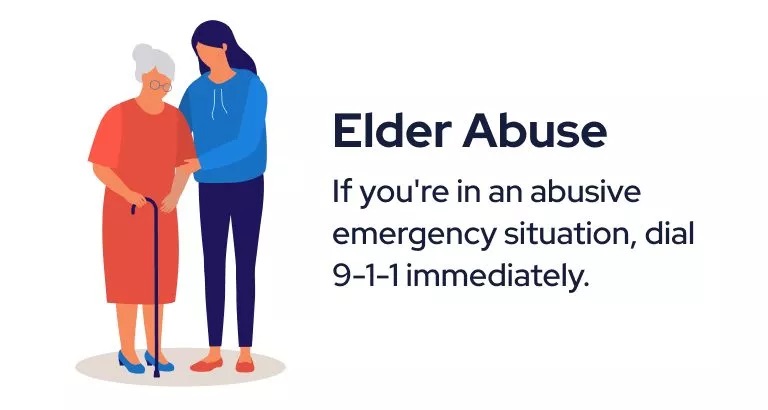Resources
AddictionHelp.com Addiction Help
RehabSpot.comRehabSpot
AddictionCenter.com Addiction Center
(800) 273-8255Veterans Crisis Line
(800) 442-4673National Hopeline Network
(800) 366-8288Self-Harm Hotline
(800) 656-4673National Sexual Assault Telephone Hotline
(800) 931-2237National Eating Disorder Association (NEDA) Helpline or text NEDA to 741741
(800) 622-2255Alcoholism & Drug Dependency Hope Line
(800) 662-4357Substance Abuse and Mental Health Services Administration
(SAMHSA) National Helpline
Please call 911 if you, or someone you know, is in immediate danger. It is important to notify the operator that it is a psychiatric emergency and ask for police officers trained in crisis intervention or trained to assist people experiencing a psychiatric emergency.
Crisis Or Emergencies
Dee faye's let's talk foundation, inc., does not provide mental health or crisis services. but we can assist in connecting you to help as a referral service. if you, or someone you know, are in a mental health crisis or emergency please reach out.
NATIONAL
Text 988
Suicide and Crises Lifeline 24/7
Connect with a trained crisis counselor to receive free, 24/7, crisis support via text message:
Text HOME to 741741
Text NAMI to 741741
Are you a young person of color? Feeling down, stressed or overwhelmed? Text STEVE to 741741
Are you a teen who wants to talk to someone who understands, like another teen? Text TEEN to 839863
(800) 950-6264NAMI HelpLine,
Monday through Friday,
10 am-10 pm, ET
(800) 273-8255National Suicide Prevention Lifeline
(888) 628-9454Red de prevencion de suicidio en Espafiiol
(866) 488-7386Trevor Hotline for LGBTQ+ youth or text “START” to 678678
(877) 565-8860Trans Lifeline
(800) 799-7233National Domestic Violence Hotline
(800) 656-4673Rape, Abuse and Incest National Network (RAINN)
Resources For Parents
Did you know that the average age of onset for most mental health disorders is 18-24? Even if your child never experienced mental health concerns in the past, that doesn’t mean they will be immune to them once they’re in college. As a parent of a legal “adult,” it can be difficult to know how to support your child during this stage of life, especially if they are living away from home for the first time and experiencing a brand-new sense of independence.
Protecting Your Child’s Mental Health: What Can Parents Do?
- Keep the lines of communication open.
- Know the signs and symptoms of emotional disorders as well as the warning signs for suicide.
- Encourage your child to go to the counseling center if one or both of you think it is necessary.
- Find out whom to call at the college if you’re concerned about your child’s emotional well-being.
- Understand the circumstances under which the college will notify you regarding your child’s mental health.
Sourced from the http://www.jedfoundation.org/.

988 Suicide & Crisis Lifeline
We can all help prevent suicide. The Lifeline provides 24/7, free and confidential support for people in distress, prevention and crisis resources for you or your loved ones, and best practices for professionals in the United States.

The Jed Foundation
As the nation’s leading organization working to promote emotional health and prevent suicide among college students, The Jed Foundation is protecting the mental health of students across the country. The Jed Foundation’s programs give you the information and perspective you need to recognize the signs of a potential mental health problem and help your child find the proper support and treatment.

Society For The Prevention Of Teen Suicide | For Parents
This is a comprehensive web resource for parents who are concerned about their teens. Here, parents can find information on warning signs, resources for helping their children, and information on mental health, including the video for parents about teen suicide, “Not My Kid.”

Mentalhealth.Gov
This government website provides information and resources on a variety of mental health concerns, including suicidal behavior.

Take 5 To Save Lives
Take a few minutes of your day to learn about and understand the warning signs of suicide. Spending just five minutes learning about warning signs of suicide could help you recognize the signs that someone needs help and ultimately, save lives.

DrugRehab.com
Connect with the many resources and tools available to help overcome addiction and pursue lifelong recovery.
Resources For Elder Care

You can contact the National Elder Fraud Hotline at 1-833-372-8311 to report non-life-threatening elder abuse. This nationwide option can also connect you with resources to help you get out of an abusive situation.
Eldercare Locator
Report your abuse to the Eldercare Locator by dialing 1-800-677-1116 or by emailing eldercarelocator@n4a.org. This free nationwide service of the U.S. Administration on Aging protects older Americans by connecting them to resources in their area and provides support to caregivers.
California Adult Protective Services
To report abuse, call this number 1-833-401-0832.
When prompted enter your 5-digit zip code to be connected to the Adult Protective Services in your county, 7 days a week, 24 hours a day.
State Resources
The National Adult Protective Services Association (NAPSA) provides a program list with phone numbers and email addresses for reporting elder abuse in each state.
*Some elder and disability laws vary by state. If you want to report elder abuse to your specific state department, there are other options.


